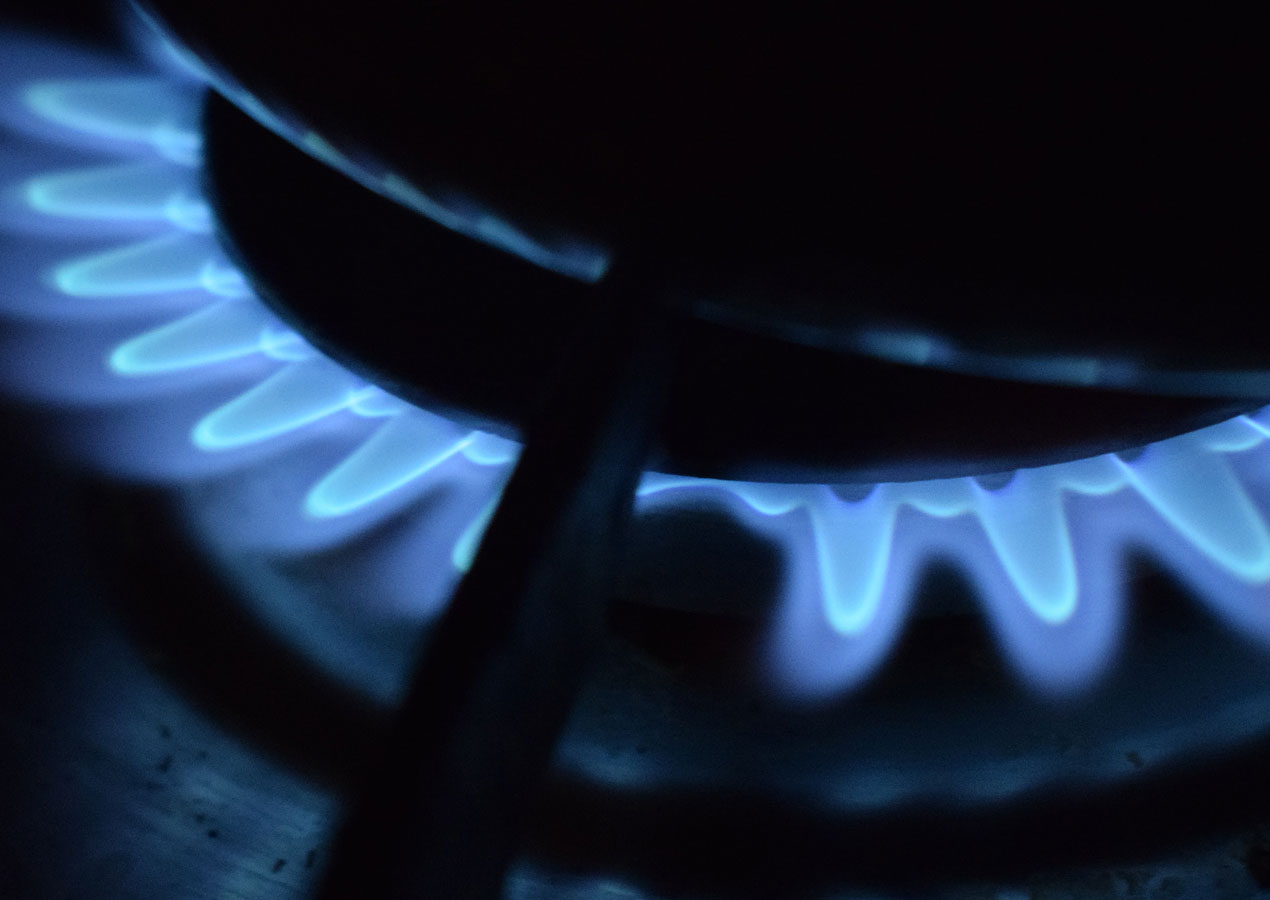
27 Jan Using Natural Gas & Propane Appliances
In Hawaii, there are two primary sources of gas services offered for those looking to fuel gas appliances—natural gas and liquid propane. Knowing the difference between the two is vital and matching your residence and appliance to their correct types of gas can save you money down the road. Not only that, but using the incorrect type of gas in your appliances can lead to potentially dangerous situations and may damage your appliances in the process.
Matching Gasses to your Appliances
It’s incredibly important that homeowners or anyone in charge of fueling appliances such as water heaters, ovens, stoves, fireplaces and more use the correct gas for the job. In Hawaii, there are two primary types of gas services, liquid propane and natural gas. The tricky part is if you’re using the incorrect gas for your appliance—for example, you’re fueling your home with natural gas but all of your cooking appliances are rated for propane—you’ll have to consult with a technician who will charge you a fee to convert your appliances to match your gas type.
Prevent Future Malfunctions and Danger
But why should you do this? Even if your stovetop or water heater is operating with the wrong gas type fueling it, you could be setting yourself up for future malfunctions and even danger. The reason behind this is primarily due to the connector—or orifice—size of the two types of gas. A liquid propane connector is much smaller than the opening of a natural gas orifice, and if you try to connect it to an appliance fitted for natural gas, you could produce a flame much larger than necessary due to the more pressurized propane gas flowing through the large opening of the natural gas connector. Conversely, trying to use a propane appliance with natural gas could lead to a smaller—if not non-existent—flame.
This can and will lead to a variety of problems with your appliances. A natural gas stovetop fueled with propane will get way too hot, way too quickly. And a propane-based water heater fueled by natural gas will leave its household with cold, barely heated water. And most importantly, having the incorrect gasses fueling your appliances can lead to potentially hazardous situations, so it’s important that you have a technician come over to make the necessary conversions as soon as possible.
What a Gas Appliance Conversion Looks Like
First and foremost, a technician will make sure your appliance can even be converted from natural gas to propane or vice versa. Appliances can only be converted from one gas type to another if they are listed as such. Typically older appliances were made to be used with either gas, however newer products have been specifically designed to only accept one or the other. Even if your appliances are convertible, it doesn’t mean that this is a DIY job for the home handyman. A licensed technician will still need to come in and replace not only the orifices but also appliance regulators and burners—as well as venting if necessary.
Licensed Technicians Will Use the Right Parts
But why do you need to replace these additional parts? Appliance regulators control the delivery and inlet pressures of a unit, and the wrong type of regulator would deliver a pressure too low or high for the appliance’s optimal usage. To put it visually, having the incorrect appliance regulator would be like trying to spray down your car with a squirt gun or washing your dishes with a firehose.
Burners also have orifices that can cause incomplete combustions if incorrectly sized, as they work in unison with the pressure supplied by the appliance regulator. This can be the primary cause of damage to your appliance—if the appliance requires different-sized orifices and connectors to be placed into your burner after the conversion has been made.
Know Before you Buy
The best way to avoid the headache of having to have a conversion made to your appliances is simply by checking to see if the appliance you’re interested in is fitted for the type of gas you’re supplying. Gas appliances bought through most retailers will be labeled with LP (liquid propane) or NAT (natural gas), denoting their gas type.
Licensed Plumbers Protect Their Reputations
Another reason why you should choose a licensed professional is that they have reputations to uphold when working with customers—especially in Hawaii where the coconut wireless is strong an word-of-mouth travels fast. Established, well-respected companies won’t try to rip customers off or overcharge for labor, nor will they leave messy, unfinished-looking work on “completed” jobs. While some handymen will also act professionally, there’s less accountability on their end when it comes to customer service compared to a local company of licensed contractors.
535 Plumbing – Your Natural Gas and Propane Appliance Experts
If you live on Oahu and are in need of a licensed plumber, choose 535 Plumbing for the job! Our team of professional Oahu plumbers are highly skilled and our excellent customer support representatives will work with you to schedule your appointments at a time you most convenient. Learn more and schedule an appointment by calling (808) 300-0535, or Visit Our Contact Us Page. Mahalo!


